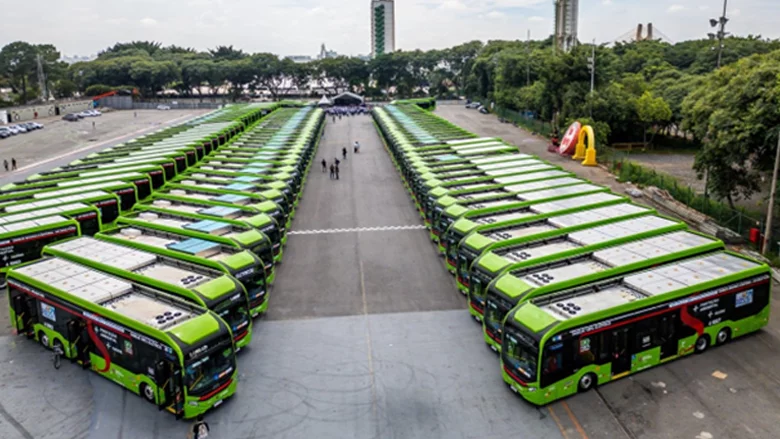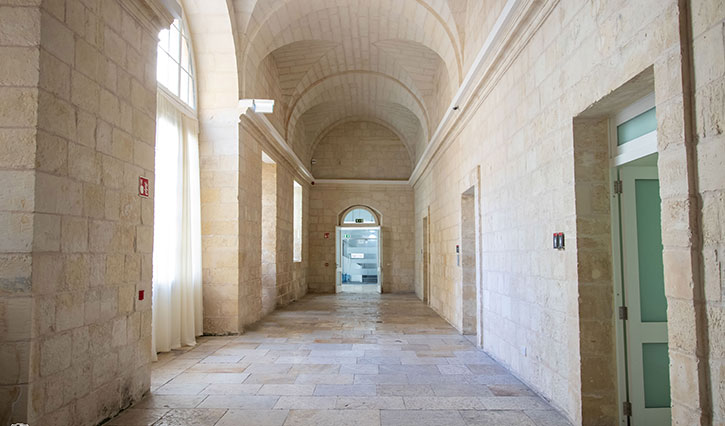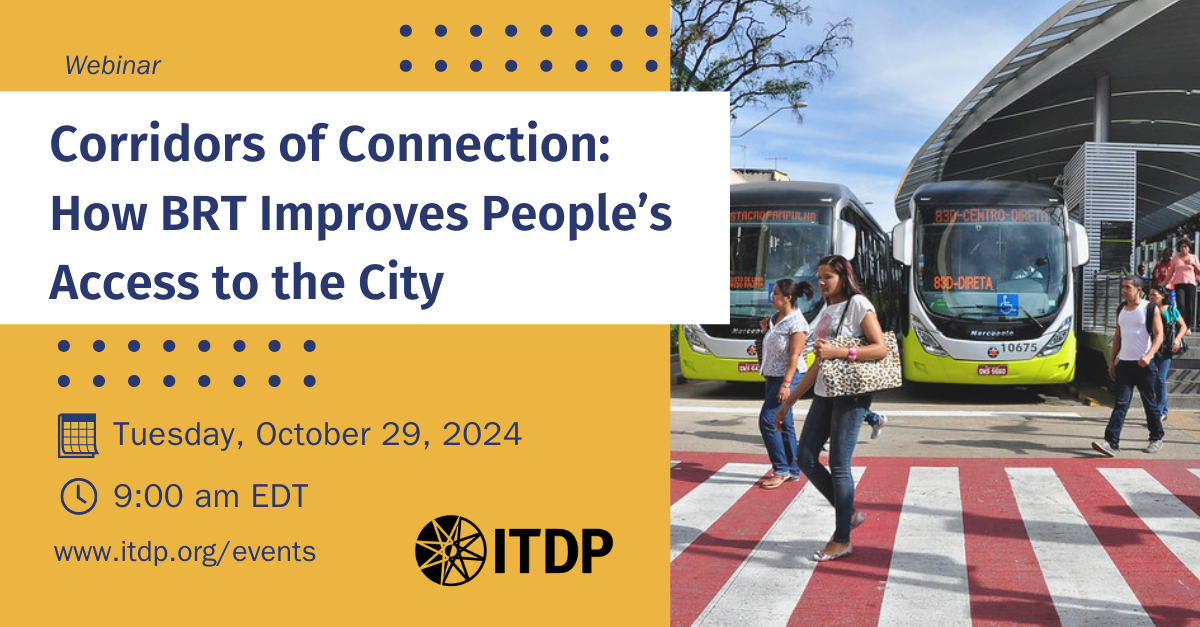This paper studies the costs of the transit system of Santiago, Chile, and proposes pricing schedules to finance it considering a fixed amount of subsidy. We estimate a cost function for the firms providing bus services in Santiago and study their industrial structure. We also estimate a demand model using aggregate data, which delivers information on the demand price elasticity and the effect of other variables related to the supply (e.g., capacity and frequency). Finally, we compute four pricing schedules: uniform price with and without subsidy and two-part tariffs with and without subsidy. Our results show that: (i) the industry exhibits economies of scale when considering both demand-oriented and supply-oriented output measures; (ii) measures of technical efficiency are consistent with the observed exit of firms from the market; (iii) the budget-balanced fare without subsidy is higher than the actual fare, suggesting that subsidies are justified; (iv) the budget-balanced fare with subsidy is higher than the actual fare, suggesting that subsidies are insufficient; (v) two-part tariffs either with or without subsidy are the most effective means of increasing bus travel demand and user welfare; and (vi) a menu of tickets with two options (a uniform price and a two-part tariff) is a Pareto-improving pricing schedule that balances the budget and increases bus travel demand.




